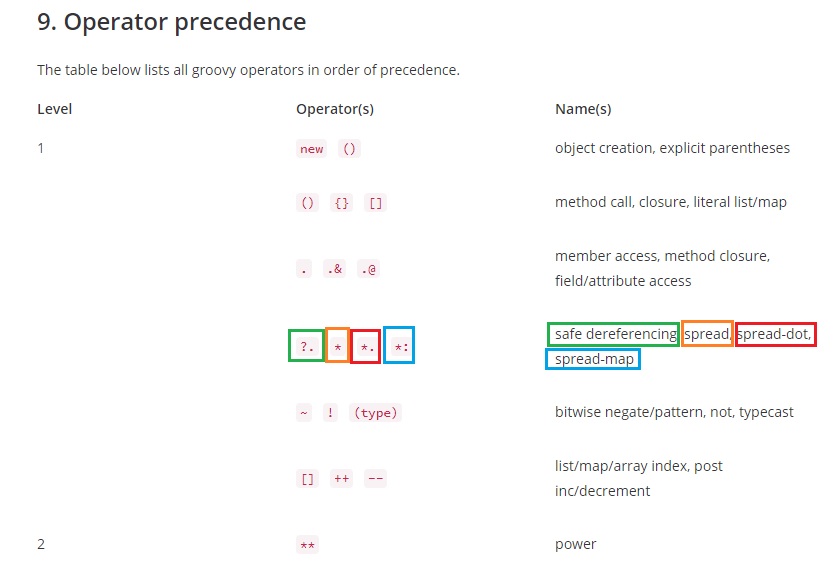In a recent request, I split tag usage between spread-operator and spread-syntax based on the grammar of the language the question refers to, so we have some sort of established criteria to back me up when I say that spread is being misused.
There are several questions here that refer to JavaScript's spread syntax. Perhaps this tag can be narrowed for use with R's spread function. Or perhaps we blacklist spread and move questions referring to R's spread function into spread-function to decrease the ambiguity of a vague word?
I'm open for suggestions, but at the very least the JavaScript questions need to be properly retagged. There's a lot of them, so I thought bringing attention to this first would be prudent before bumping a bunch of old questions with tag edits.
Update
So we have one suggestion to (if I'm interpreting this correctly) have language-specific tag names for spread operators/syntax? I personally think that adding a tag-wiki to spread and/or renaming it to spread-function, r-spread, or whatever name we can agree on, would be the proper solution to this, since there is an established history for the usage of spread-* rather than *-spread, which I think would only add to the confusion.
Further Update
I've put in a lot of work retagging from spread to whatever was the appropriate tag, mostly spread-syntax, sometimes spreadsheet, variadic-functions, or even wijmo in a couple cases (for Spread.js). Anyway, I think spread is getting closer to a homogenous usage, but I still propose we add a wiki to reinforce the proper usage.

[Spread]tag in the first place? I have a feeling that this might just as well go down the same path[goal]did here: meta.stackoverflow.com/questions/317120/…